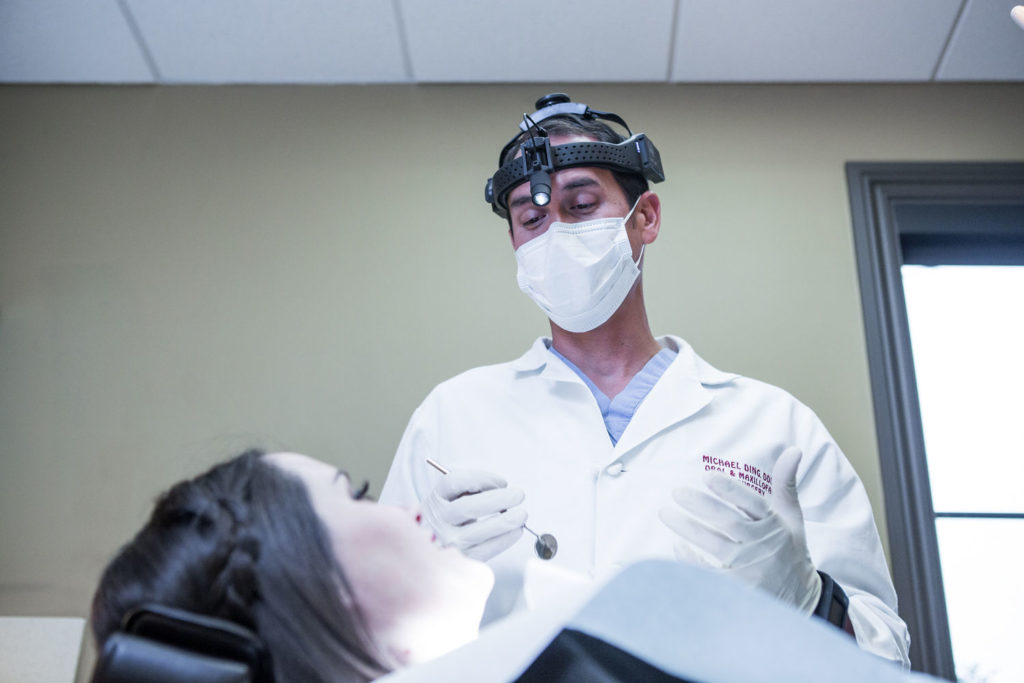Sponsored Content brought to you by Austin Oral Surgery
Wisdom teeth, or third molars, are the last teeth to develop. Eons ago when our diet was much different and dental crowding was common, the third molars came in or “erupted” and provided another set of functional teeth. With today’s softer nonabrasive diet and the relative rarity of dental crowding, most often there is not enough room for the wisdom teeth to erupt into place and be functional teeth that the patient can maintain. “Impacted,” simply means that the tooth is not able to come into a functional position. There are patients who have the space for wisdom teeth, and in these cases the teeth may be functional and beneficial.
In cases where the wisdom teeth come in appropriately it is common later in life to develop decay or gum disease around these first. They are difficult for some to maintain, and your dentist may suggest removal rather than a filling or crown when or if this happens.

Who would remove my wisdom teeth?
While your family dentist may remove erupted or exposed wisdom teeth, many regular dentists do not. Furthermore, impacted wisdom teeth, more complex teeth or higher-risk teeth will likely result in referral to an oral surgeon. A visit with your dentist or a look at your X-ray would likely answer that question best. Most patients having multiple wisdom teeth removed at the same time will prefer sedation rather than being awake. Oral surgeons have extensive hospital-based training in anesthesia to make this procedure pleasant and astonishingly safe. The facility is almost as important as the surgeon, and board-certified oral surgery offices are inspected and certified for anesthesia safety by both the state of Texas and their surgery certifying board. Certification ensures that the monitoring and safety equipment mirrors that in the hospital environment.
At what age should wisdom teeth be removed?
In general, younger patients are very low risk as the teeth are typically less difficult to remove. For this reason, the recovery is commonly smoother and faster. The best approach is to image and consult at a young age, typically teenage years, and make an assessment on whether the wisdom teeth will likely ever need to be removed. If removal is necessary, earlier surgery generally is easier and more predictable. This assessment might happen with your family dentist, orthodontist or directly with an oral surgeon.
What are the costs?
Most insurance plans cover wisdom tooth removal. At a consultation, the surgeon will evaluate each wisdom tooth and code it depending on how it is positioned within the mouth. Likewise, the surgeon will also discuss anesthesia choices and the level of sedation agreed upon. The costs will vary depending on these factors, and you can generally explore your insurance prior to the procedure. The best way to discover costs and insurance coverage, as well as discuss the procedure, is to set up a consultation visit with your provider.
For more info on wisdom teeth removal or to schedule a consultation, visit austinoralsurgery.com.


